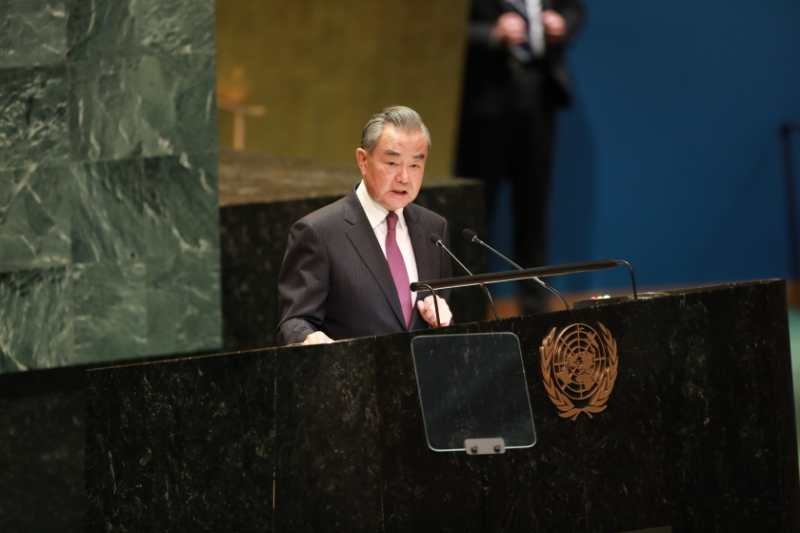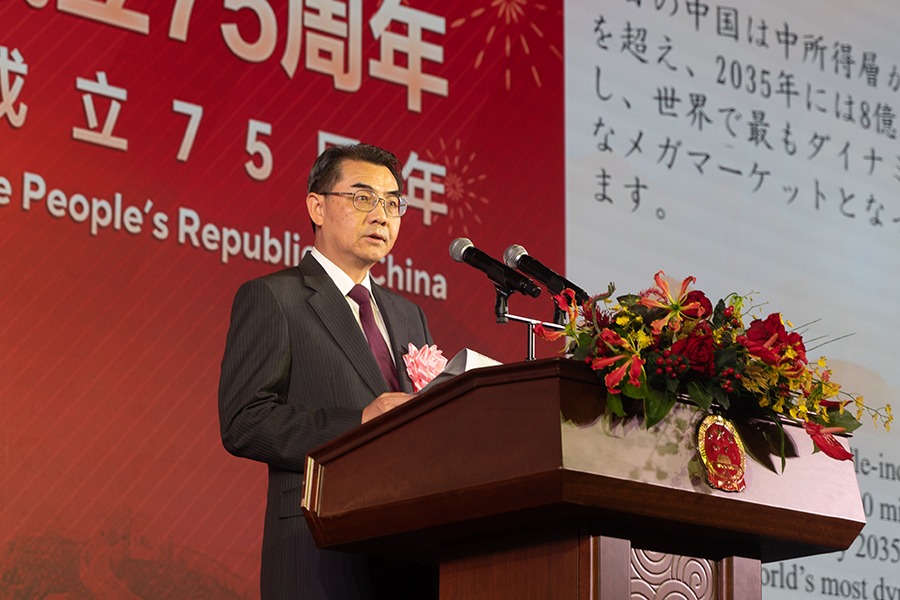Human rights should not be politicized, China tells EU


Beijing opposes using human rights as a pretext to interfere in China's internal affairs, while it hopes to strengthen communication and cooperation with the European Union on the issue to strengthen mutual understanding as well as resolve differences, Assistant Foreign Minister Miao Deyu said on Monday.
In a meeting in Beijing with Paola Pampaloni, deputy director-general for Asia and the Pacific of the European External Action Service, Miao said that China opposes politicizing the human rights issue and applying double standards, as well as engaging in "microphone diplomacy" at multilateral platforms.
He said he hopes that the EU will work with China in the same direction and carry out dialogue and cooperation instead of confrontation and oppression.
An EU delegation led by Pampaloni visited Xizang autonomous region from Thursday to Saturday, and attended the 39th session of the joint Human Rights Dialogue in Chongqing on Sunday.
The dialogue was co-chaired by Shen Bo, director-general of the Department of International Organizations and Conferences of the Chinese Foreign Ministry, and Pampaloni.
Shen elaborated on China's human rights development path, philosophy and achievements as well as the country's position on global human rights governance, according to a readout released by the foreign ministry.
He lodged solemn representations with the EU over the China-related content in its annual report on global human rights and democracy, emphasizing that affairs of Xinjiang, Xizang and Hong Kong and judicial cases are purely China's internal affairs, which brook no external interference.
Shen refuted the EU's groundless accusations about China's judicial procedures, the death penalty, labor rights, as well as ethnic and religious issues.
He also raised the human rights issues in EU countries including racism, violation of the rights of refugees and migrants, and violence against women, and asked the bloc to earnestly resolve these issues.
China and the EU agreed that the dialogue was candid, in-depth and conducive to enhancing mutual understanding, according to the readout.
The two sides are willing to explore cooperation in multilateral fields regarding economic, social and cultural rights, and rights of women, children and persons with disabilities.
































